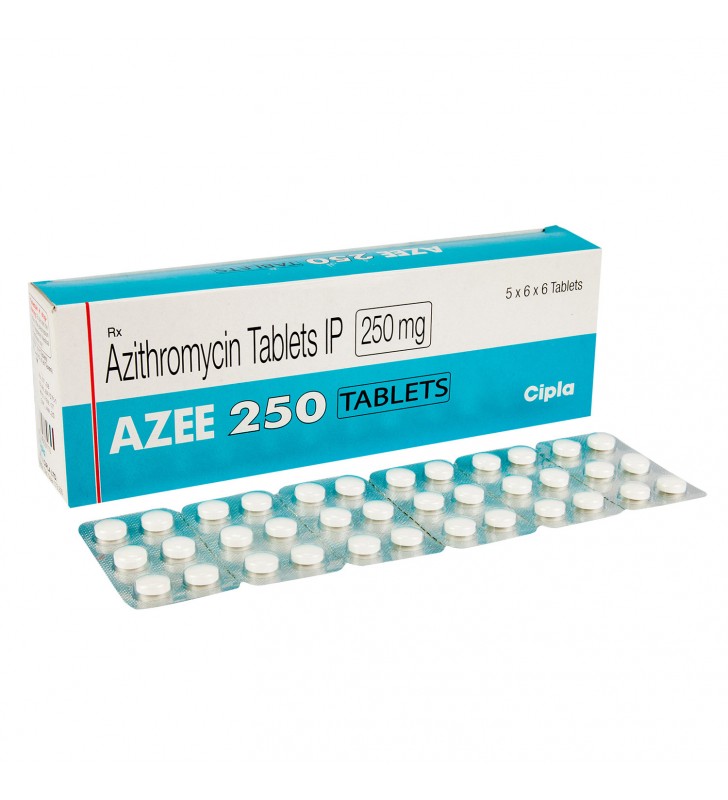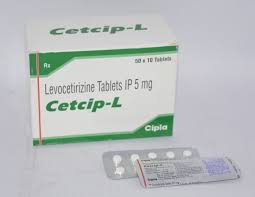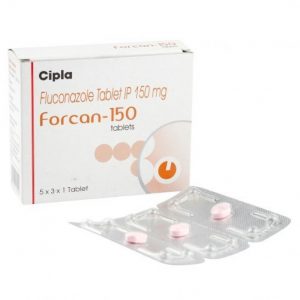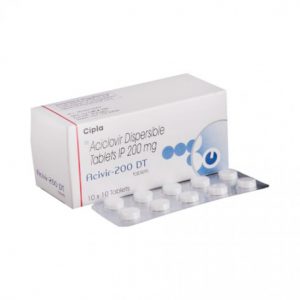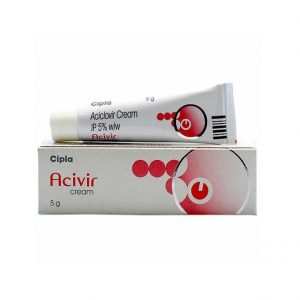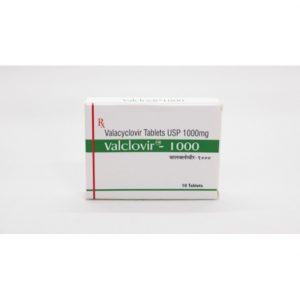Azithromycin (AZEE) 250mg Capsule is a broad-spectrum antibiotic intended for use in the treatment of enteric, genitourinary and respiratory tract infections. It may also be used instead of other macrolides for many sexually-transmitted and enteric diseases. Each capsule contains 250 mg of Azithromycin as its active ingredient.
Drug = Azithromycin
Strength = 250 mg
How to take
Tablet and oral suspension: May be taken without food but to reduce the gastrointestinal discomfort, take with meals.
Capsules and Ampules; Extended Release Microspheres: Taken 1 to 2 hours before meals to maximize absorption.
Taken at the same time daily for a period of 5 days. DO NOT take more than the prescribed dose.
Dosage of Azithromycin (AZEE) 250mg
Uncomplicated genital infections due to Chlamydia trachomatis:
Adult: 1 g as a single dose.
Prophylaxis of disseminated Mycobacterium avium complex (MAC) infections:
Adult: 1.2 g once weekly.
Acute bacterial sinusitis:
Adult: As a tab, cap, or immediate-release suspension: 500 mg once daily for three days. As extended-release suspension: 2 g as a single dose.
Respiratory tract infections, Skin and soft tissue infections:
Adult: As a tab, cap, or immediate-release suspension: 500 mg daily for three days. Alternatively, 500 mg as a single dose on day 1 followed by 250 mg daily on days 2-5.
Uncomplicated gonorrhea:
Adult: 1 g or 2 g as a single dose, in combination with a single dose of ceftriaxone 250mg.
Community-acquired pneumonia:
Adult: As a tab, cap, or immediate-release suspension: 500 mg on day 1, followed by 250 mg once daily on days 2-5. As extended-release suspension: 2 g as a single dose.
Missed Dose of Azithromycin (AZEE) 250mg
In cases of missed doses, inform your physician immediately to re adjust the dose and timing.
Do not double a dose under any circumstances.
Overdose of Azithromycin (AZEE) 250mg
If you took Azithromycin more than the recommended dose. Seek medical help immediately.
Symptoms of overdose may include the following:
- Gastrointestinal symptoms (diarrhea, nausea, vomiting)
- Ringing of the ears
Contraindications
People with the following medical conditions should not take Azithromycin:
- Hypersensitivity to any macrolide antibiotics
- History of liver dysfunction
Side Effects
Azithromycin may have any of the following side effects:
- Generalized body weakness as in Myasthenia gravis
- Hearing loss
- Itchiness and burning sensation
- Eye discomfort
- GI manifestations (diarrhea, vomiting, abdominal pain, nausea, abdominal bloatedness)
- Alteration of taste sensation
- Body weakness
- Neurological manifestations (headache, dizziness, numbness of the hands and feet)
Potentially Fatal side effects:
- Severe allergic reaction
- Angioedema
- Stevens-Johnson syndrome
- Toxic epidermal necrolysis
- Fulminant hepatitis leading to liver failure
- Irregularities in heart rate and rhythm
- Clostridium difficile associated diarrhea (CDAD)
Warnings
Do not take Azithromycin with the following medicines:
- Quinidine
- Procainamide
- Dofetilide
- Amiodarone
- Sotalol
- Antiarrhythmics
- Pimozide
- Cisapride
- Terfenadine
- Digoxin
- Colchicine
- Ciclosporin
- Warfarin
Inform your physician if you are taking some nonprescription medications and over the counter drugs.
This list does not include all medicines that may interact with Azithromycin.
How Does It Work?
Azithromycin works by inhibiting RNA-dependent protein synthesis by binding to the 50s ribosomal subunit, thus preventing the translocation and peptide binding needed for protein synthesis, which is a crucial step in the replication of bacteria.
Uses
Azithromycin is used to treat the following conditions:
- Respiratory tract infections
- Skin and soft tissue infections
- Uncomplicated genital infections due to Chlamydia trachomatis
- Uncomplicated gonorrhea
- Community-acquired pneumonia
- Acute bacterial sinusitis
- Prophylaxis of disseminated Mycobacterium avium complex (MAC) infections
Special Precautions and Warnings
Take special precautions if you have the following conditions:
- Patients with myasthenia gravis
- Hypokalemia
- Hypomagnesemia
- Bradycardia
- Cardiac arrhythmia
- Severe cardiac insufficiency
- Congenital or documented QT prolongation
- History of torsades de pointes
- Severe renal (GFR <10 mL/min) and hepatic impairment
- Children
- Pregnancy
- Lactation
- Should not be given long-term to prevent bronchiolitis obliterans syndrome in patients with cancers of the blood or lymph nodes who undergo a hematopoietic stem cell transplant
Storage Conditions
- Tab/Immediate release suspension/Intravenous form: Store below 30°C.
- Eye drops (1.5%): Store below 25°C and protected from light.
- Store in a cool, dry place away from the reach of children.
- Do not use expired Azithromycin

